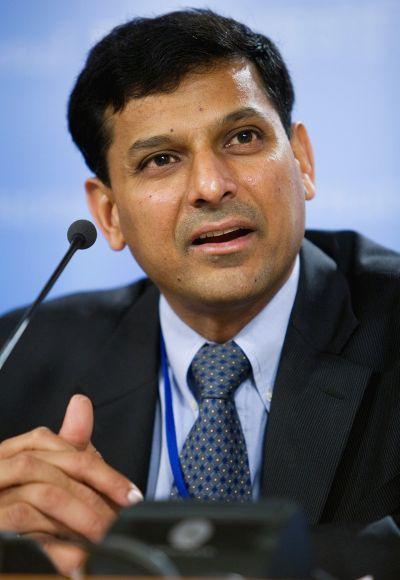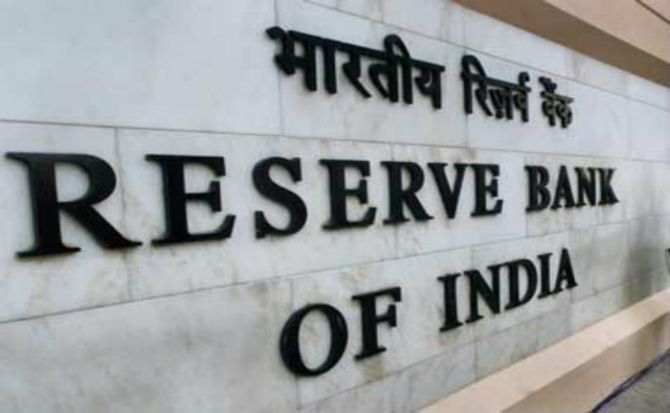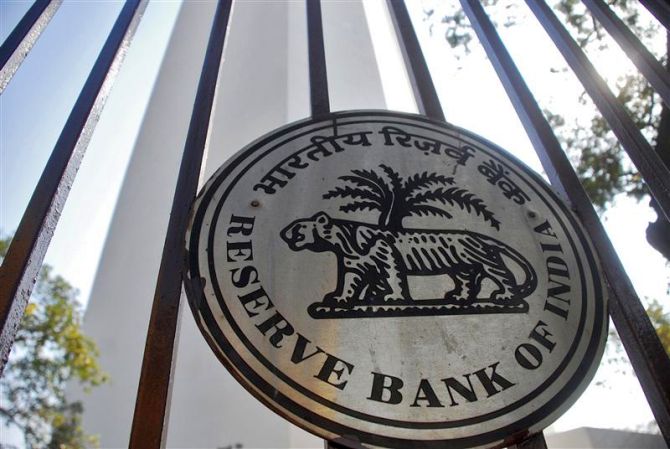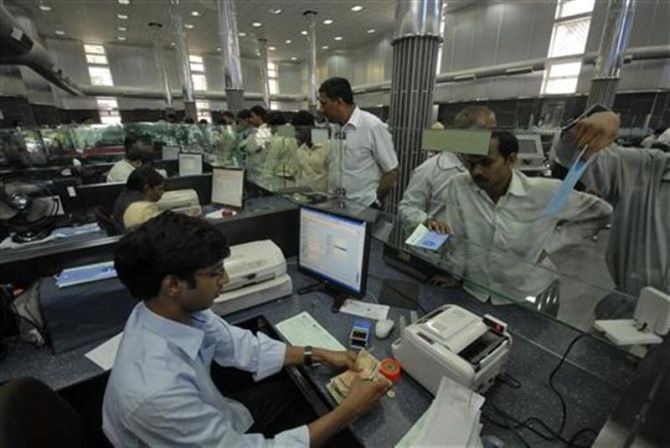
In a post-policy interaction with the media, Reserve Bank of India Governor Raghuram Rajan said he didn’t expect banks to raise interest rates, as they’d not reduced these after the policy rate cuts in May and March. Edited excerpts:
How do you expect banks to react to the monetary policy decision of cutting the MSF rate to lessen the cost of funds but increasing the repo rate, which signals an increase in the long-term interest rate?
In the short run, the cost of funds will come down. That was our point, to reduce these from the level they were raised to because of the tight liquidity measures introduced to stabilise the exchange rate.
We want to bring it down from the higher level, which was consistent with the inflationary conditions that prevailed in pre-May 2013. I expect banks to take an appropriate decision.
But you have raised concerns on the deposit front...
I am not very happy with deposit growth. I would like to see more deposit growth, more current and savings account deposits.
Click NEXT to read more…

Banks might have to raise deposit rates, as they also compete with instruments like tax-free bonds.
We have to look at the range of instruments and see that rates are not out of line of the prevailing interest rate environment. Yes, tax-free bonds offer attractive interest rates but it is harder to access those bonds.
Also, for people in the lower tax brackets, those instruments are not that attractive as for high net worth individuals. Banks will have to make a decision.
In the longer run, the cost of funds is higher than in May. However, in the short run, the cost of funds is coming down because of the cut in MSF.
I am trying to avoid prescribing to the banks on what they should do. We have set the policy rate, will see what banks do and adjust accordingly. I don’t want to tell the banks that you ought to be doing this.
Remember, in May, they’d not passed on the interest rate cuts that had taken place earlier. So, to that extent, it would not be surprising to me if they don’t raise rates substantially but left these where they are because they have not passed on the earlier rate cuts.
Click NEXT to read more…

The government is prodding public sector banks, which control 70 per cent of the market, to cut rates. Is this inconsistent with the central bank’s policy stance?
The government has made certain suggestions to the banks that it owns, which is if you can cut rates in some sectors, it will be possible to elevate sentiments and get growth.
Now, they own the banks and other people also own the banks and banks have to make a judgement. Some of the banks have responded.
Given that we are tightening and part of the process of tightening is that it affects demand, with the idea that we want to increase savings and lower consumption, prima facie you could say it is at cross-purposes with the central bank.
However, there is another aspect to the current situation, which is that we also want investment to pick up.
One of the reasons for slow investment is that demand is relatively weak. Investment can pick up if sentiments change, which is not inconsistent with what we would like to see.
The 100 bps interest corridor has been restored. But the operating rate is still the MSF rate. When do you think the repo rate will be again operational?
The rate framework has now been normalised. The framework will be fully normalised when we move from MSF, which is the operational rate now, to the repo rate.
The extra liquidity which banks can now avail due to the increase in limit under term repo borrowing will help the shift but I don’t expect it to happen overnight. We will help the shift but at a measured pace.
Given that the liquidity measures were introduced due to exchange rate volatility, we can return to full normalcy once we are fully confident that the exchange rate market is fully stable.
Click NEXT to read more…

How much inflow has the central bank received from the dual window of FCNR (B) and banks’ overseas borrowing? Are you happy with the inflows?
We have received $12.1 billion as of now. These inflows came within one and a half months. What I am happy with is that if it were not for banks’ exposure limits, this could have been far bigger.
Despite the rise in the repo rate, the markets have reacted positively. Are you surprised?
I am glad that the market basically understood what to expect. My job is not so much about the market; my job is to ensure the growth and inflation dynamics are appropriate for the economy.
I think surprises are good in some cases but in general, the intent is not to surprise.
Our intent is to tell markets what we are going to do and explain these are the measures that we are going to take. Sometimes it is unwise to lock yourself in a pattern of reaction.
Do you think gold smuggling has gone up due to the import curbs?
Yes, smuggling is up. But the question is how high was it before? The big open question is whether the authorities are catching one per cent of the smuggled amount or 10 per cent.
It takes a little bit of time to put the system together. So, hopefully, if we create some uncertainty on how long the measures (import curbs) will last, that will prevent significant smuggling.
Click NEXT to read more…

Why are you emphasising on a wholly-owned subsidiary for foreign banks?
The idea is to move all systemically important foreign banks into wholly-owned subsidiaries. That is very important because if you don’t do that, the transaction with the parent is not at arms length.
For example, I was told by the CEO of an investment bank, which was in deep trouble in 2008, that he got a call from his parent asking him to transfer all funds to New York.
There was a very near danger that the bank would transmit Indian funds to New York without Indian authorities knowing about it. But the CEO called up RBI and asked whether he could do it. Obviously, RBI said No.
The worry is that in a branch situation, there are some countries where the rule is to pay its deposits before a foreign country’s depositors (in the case of a run on the bank). So, Indian claimants have to stand in line.
We have decided to give some incentive, which is near-national treatment, to foreign banks that will convert these into WoS.
Click NEXT to read more…

RBI has proposed a differentiated bank licence regime. Existing players have raised concern on the issue and have said there should not be regulatory arbitrage for such players.
Banks often tend to point to one side, that they have the CRR/SLR/priority sector obligation. But they also enjoy the benefit of low cost deposits, borrowing facility of RBI, etc.
Yes, we cannot allow an entity which will only get the benefits but no responsibilities in terms of cost. But to some extent, some entities may not have the responsibilities but will also not have the benefits.